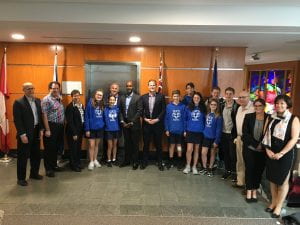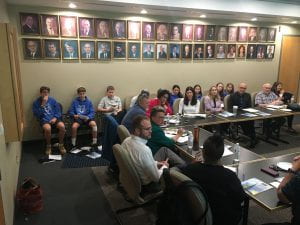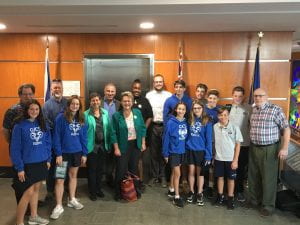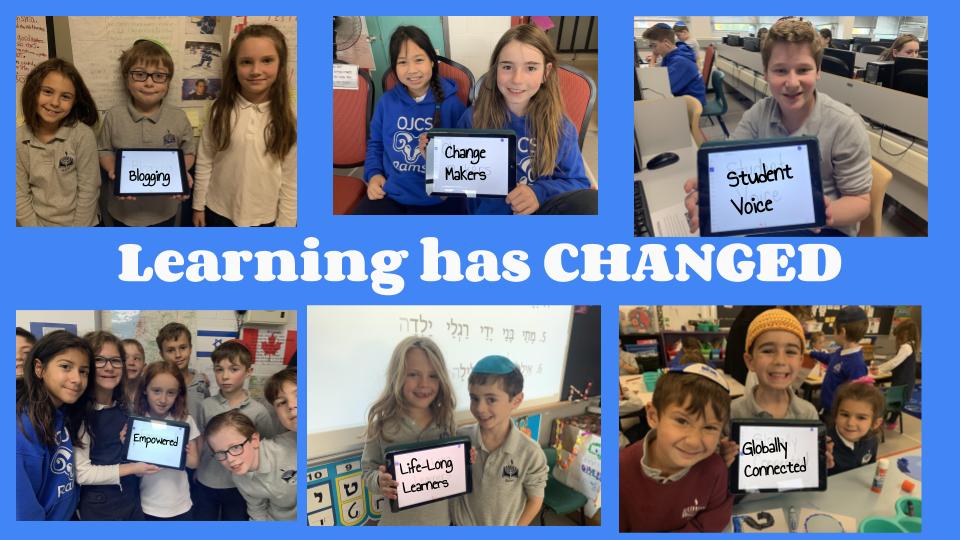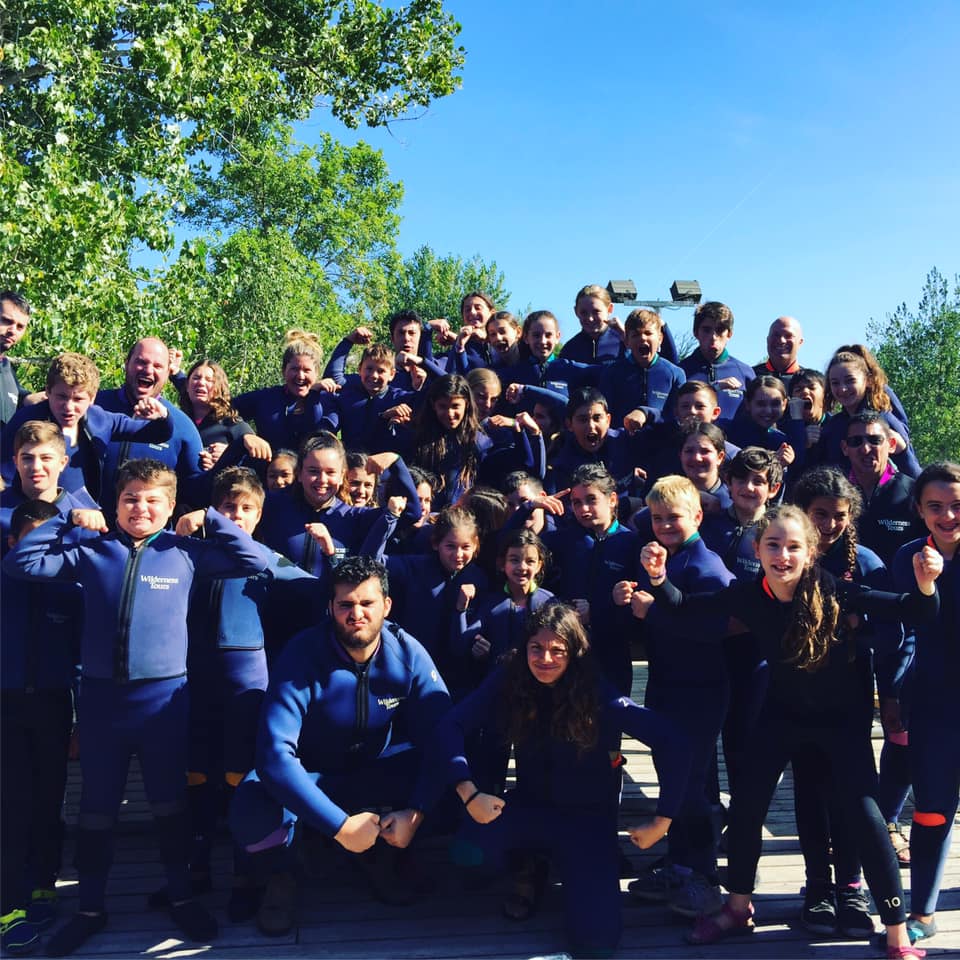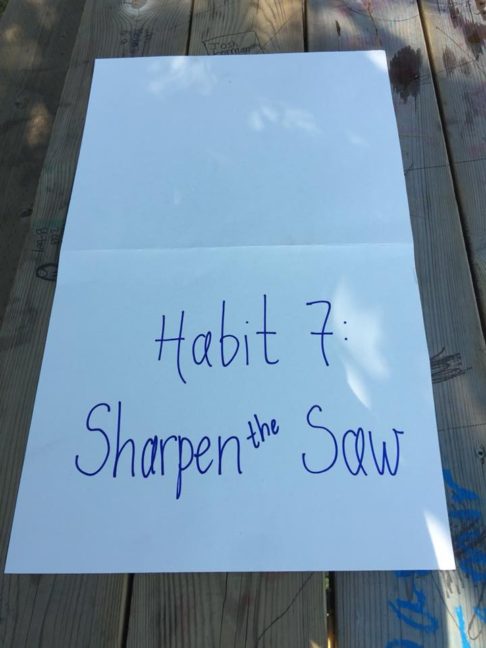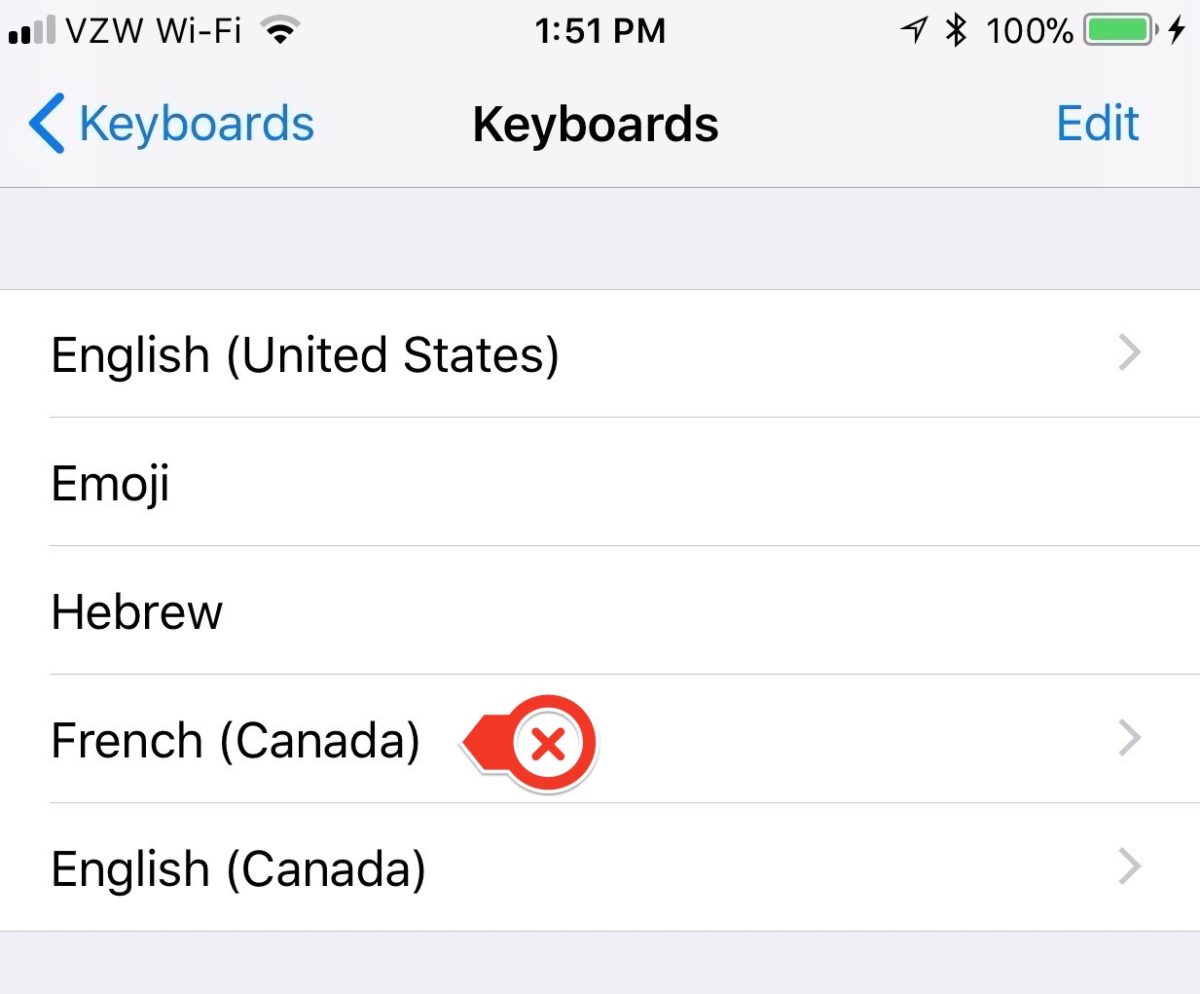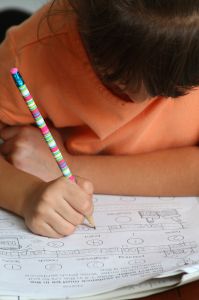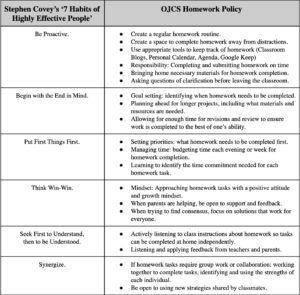I spend about an hour each week commenting on our student blogfolios.
What’s a “blogfolio” you ask? Well it is a term of art that (I think) my former colleague Andrea Hernandez created, and in her words:
Portfolios give students a chance to develop metacognition, set goals and internalize what “good work” looks like. Blogs offer a platform for creativity, communication, connection and the practice of digital citizenship. “Blog-folios”are the best of both worlds- using a blogging platform to develop writing skills, provide opportunities to connect with an authentic audience and increase reflective practices. Instead of using the entire site as a portfolio, students will use the category “portfolio” to designate those selections that represent high-quality work and reflection.
Having begun last year with Grade 5, we have now added this year’s Grade 5 as well. [Spoiler Alert: We will be expanding the use of blogfolios in both directions in the not-too-distant future.]
During the time I set aside for my reading, I typically start at the beginning of each blogroll and make my way through as many as I can. During that hour, I can see which spelling words are being emphasized in a particular grade. I can see which kinds of writing forms and mechanics are being introduced. I learn which holidays (secular and Jewish) are being prepared for, celebrated or commemorated. I see samples of their best work across the curricula.
But what I enjoy seeing the most is the range of creativity and personalization that expresses itself through their aesthetic design, the features they choose to include (and leave out), and the voluntary writing.
This is what we mean when we talk about “owning our own learning” and having a “floor, but not a ceiling” for each student. It is also a great example of finding ways to give our students the ability to create meaningful and authentic work. But, it isn’t just about motivation – that we can imagine more easily. When you look more closely, however, it is really about students doing their best work and reflecting about it. Look at how much time they spend editing. Look at how they share peer feedback, revise, collaborate, publish and reflect. [Spoiler Alert: When we shift into “Student-Led Conferences” the blogfolios become a critical anchor.]
Seriously. Look at it.
If you are a parent in one of these classes, we hope that you are already subscribed to your children’s blogfolio(s) and that grandparents and special friends are as well. But if you are not a parent in one of these classes (or a parent in our school or a parent at all), but are (obviously!) reading my blog, I ask that however much time you would have spent reading one my typically overlong, 1,000-word (plus) posts, that you please use that time now to read one of their posts. Even better, post a comment! It brings them such joy! Just pick a few at random and make a burgeoning blogger’s day.
If you are interested in perusing the Grade 5 Blogroll, please click here.
If you are interested in surfing the Grade 6 Blogroll, then please click here.

With enrollment for 2019-2020 now fully open [Don’t forget to take advantage of the opportunity to lock in this year’s tuition rates by enrolling on time!], I am looking forward in upcoming posts to providing meaningful updates on two major initiatives:
- How has the work with TACLEF impacted French at OJCS?
- How has the gift to strengthen the “J” in OJCS impacted Jewish Studies (and Life) at OJCS?
Stay tuned!

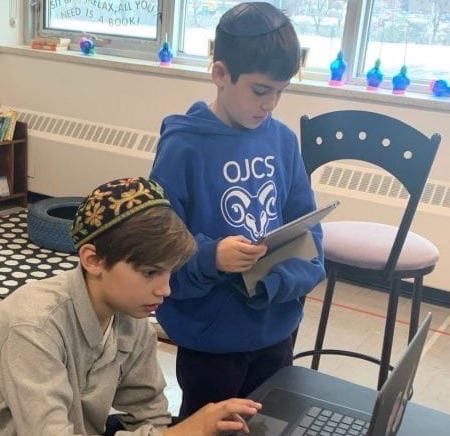

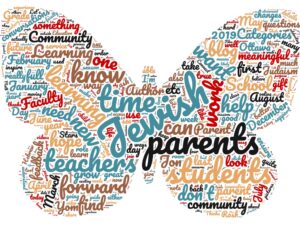
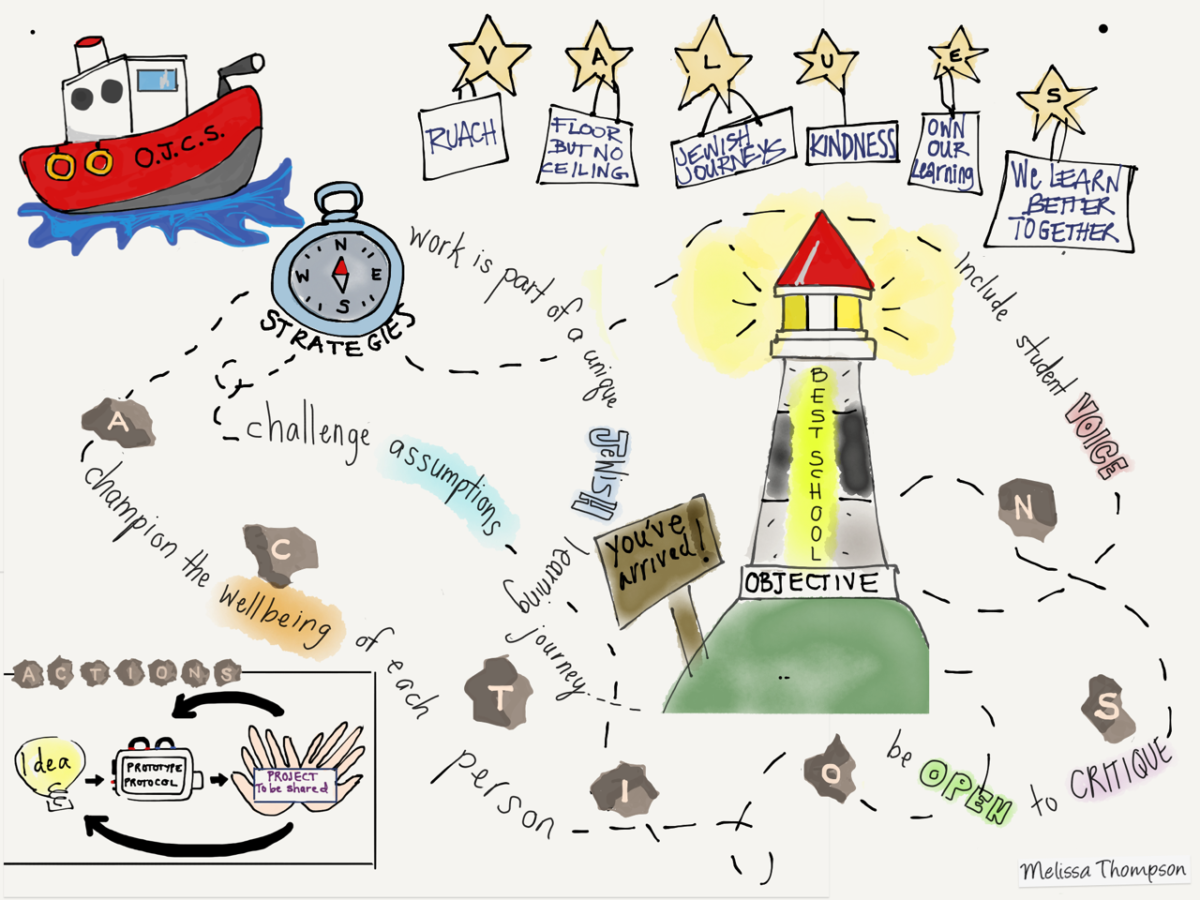
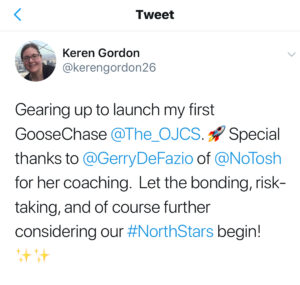 Vice Principal, Keren Gordon:
Vice Principal, Keren Gordon: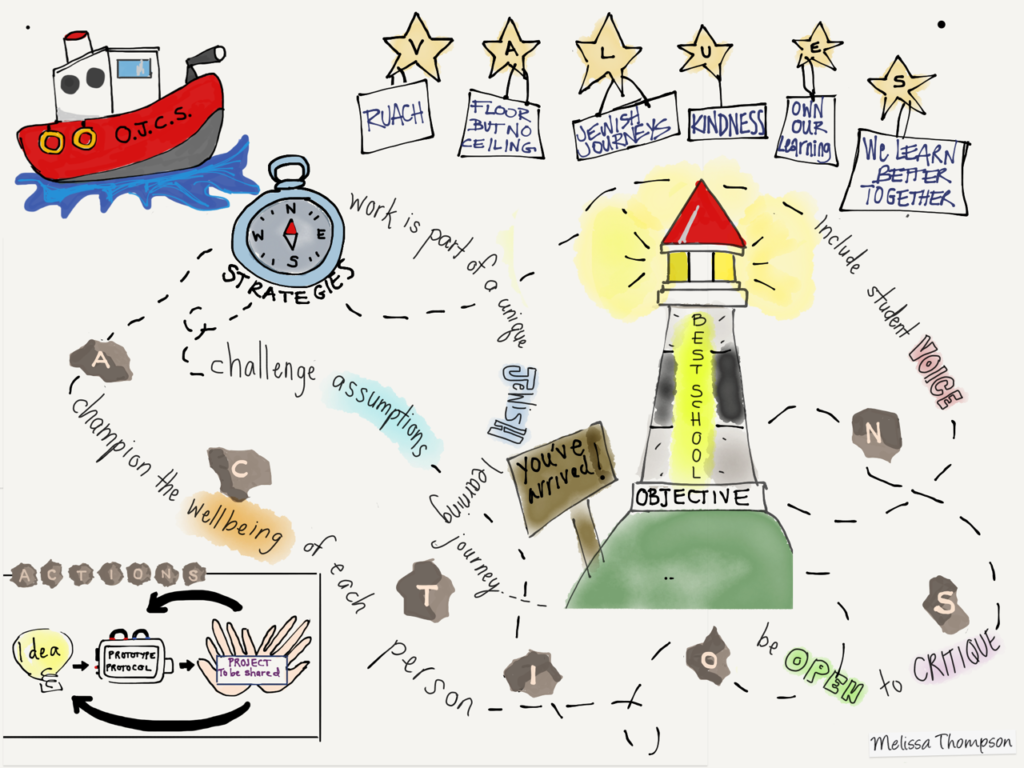
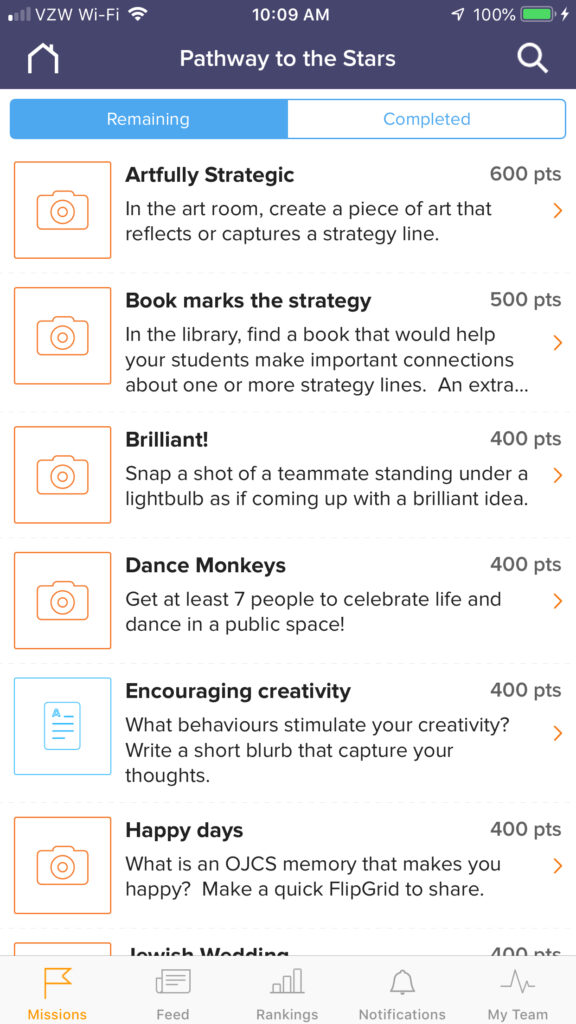
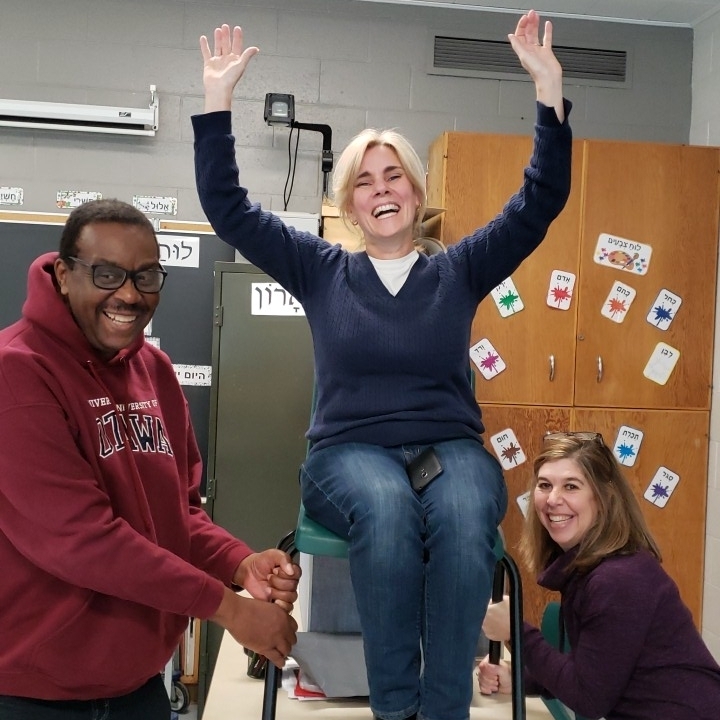
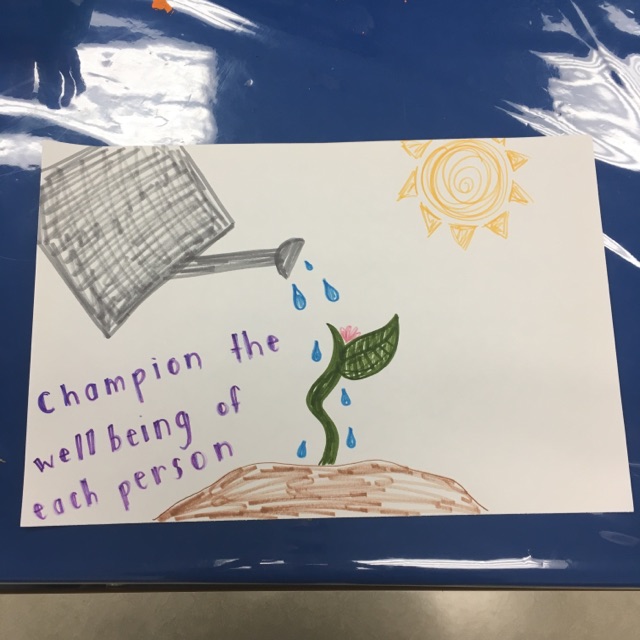
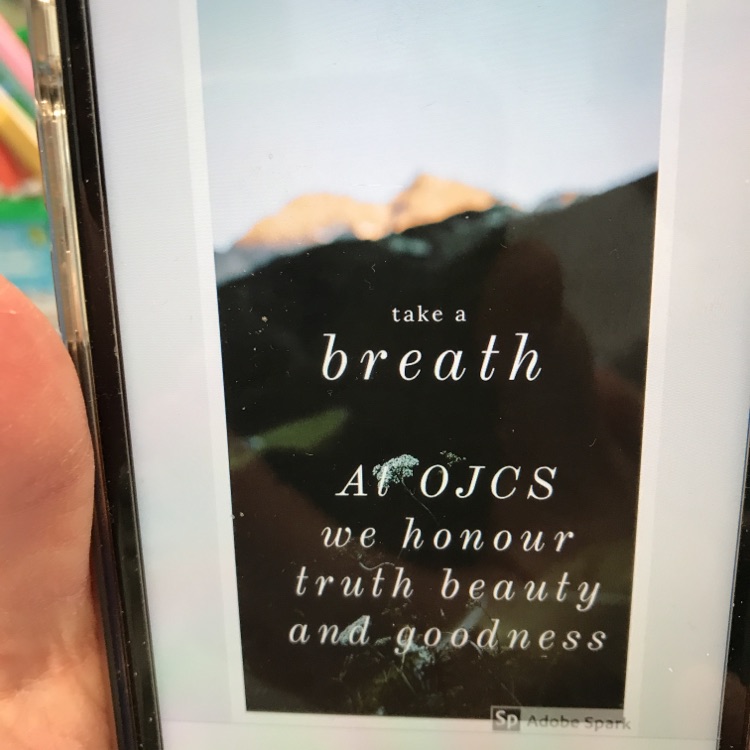
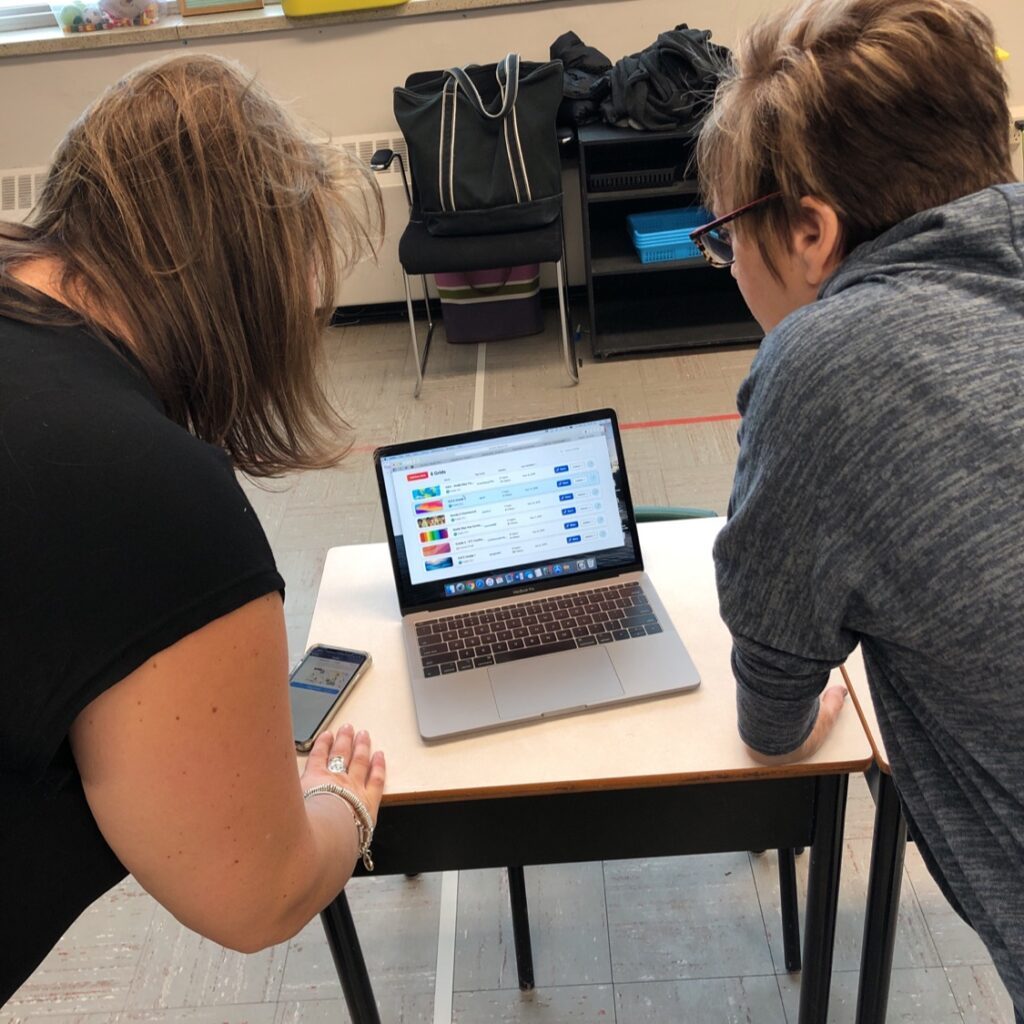
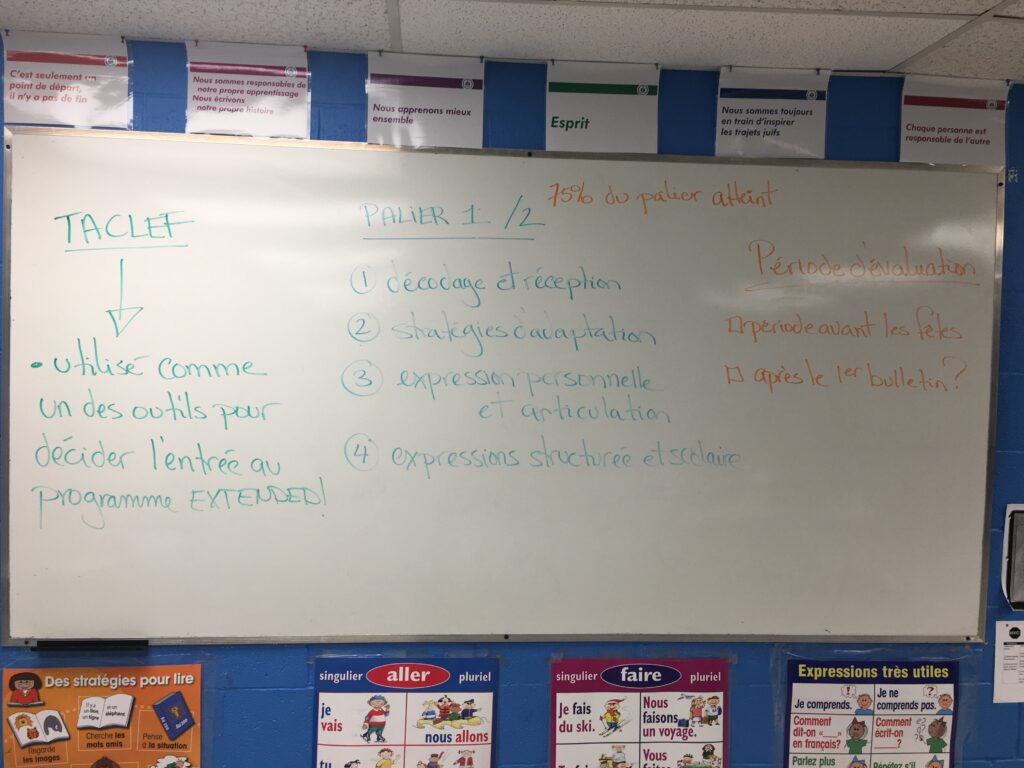
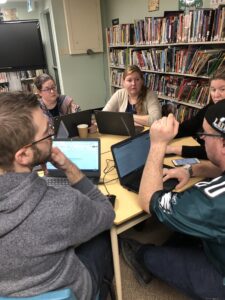 As part of implementing our new
As part of implementing our new 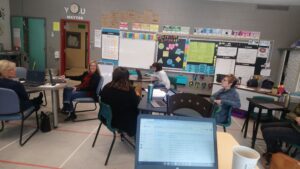 Our Language Arts Faculty looked at
Our Language Arts Faculty looked at 



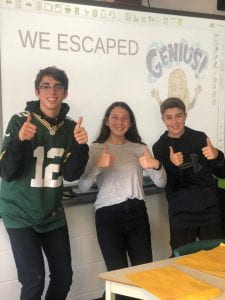


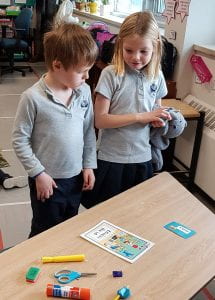
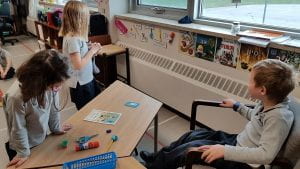
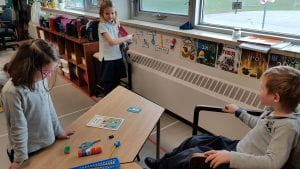

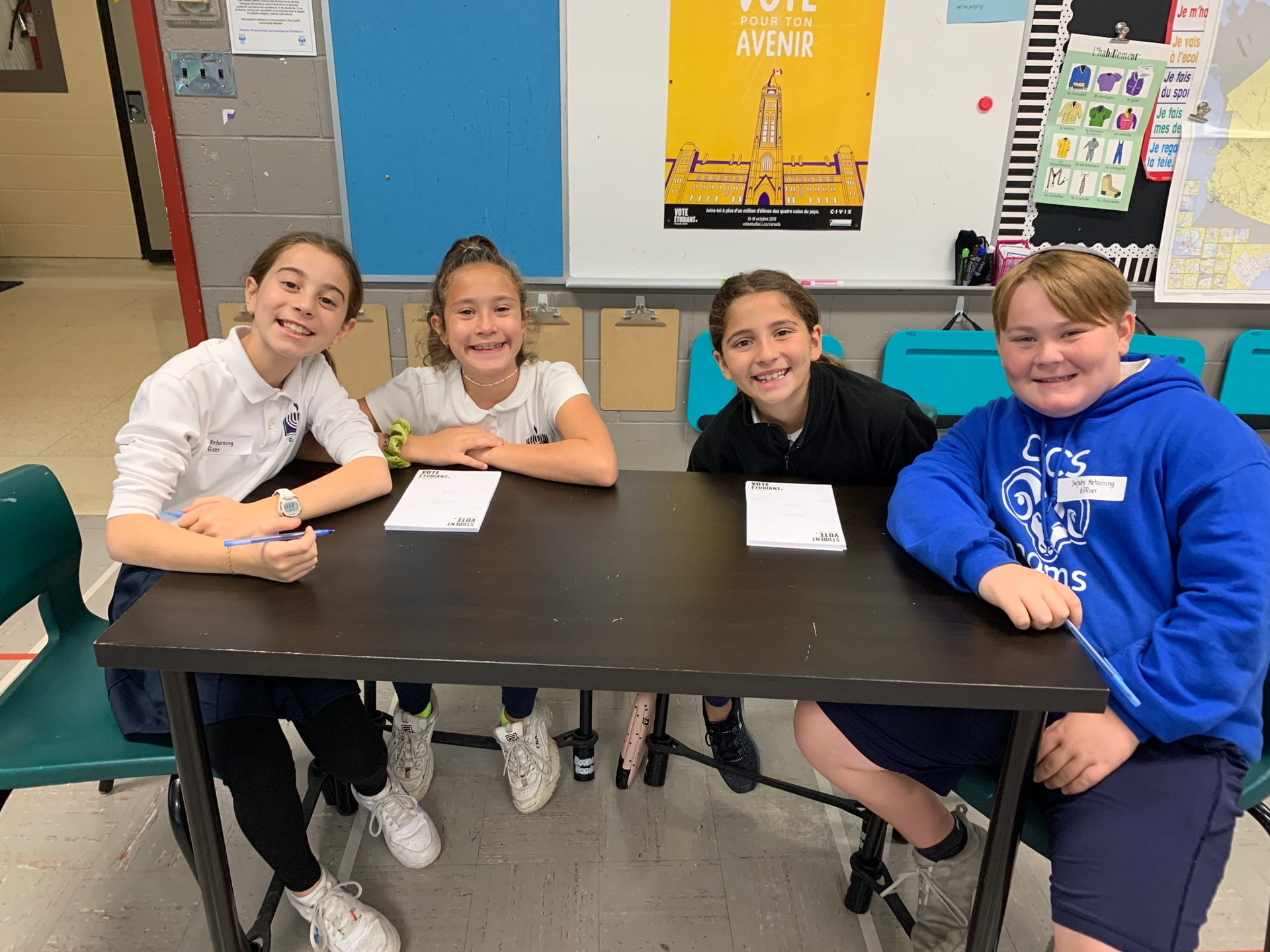
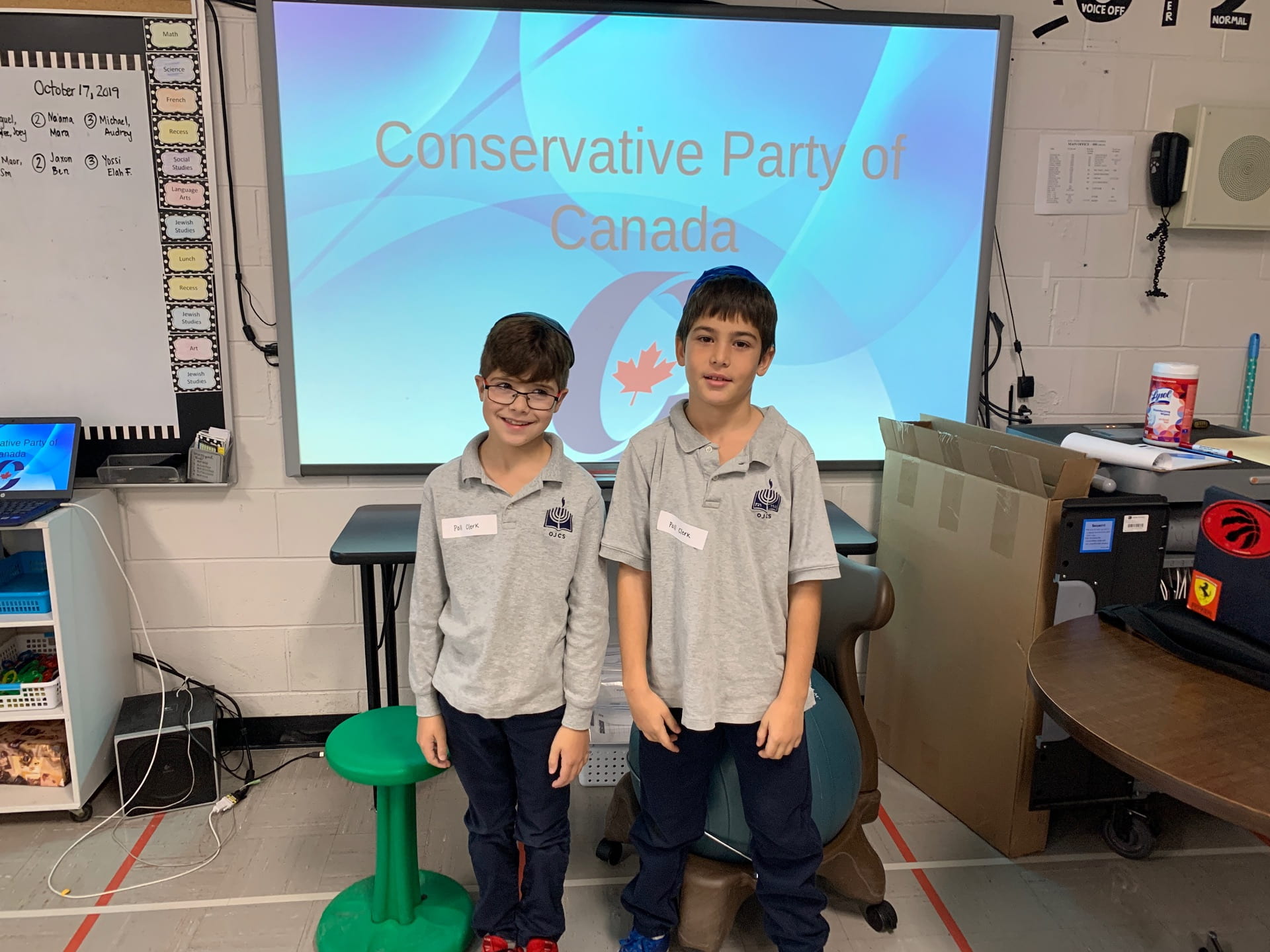
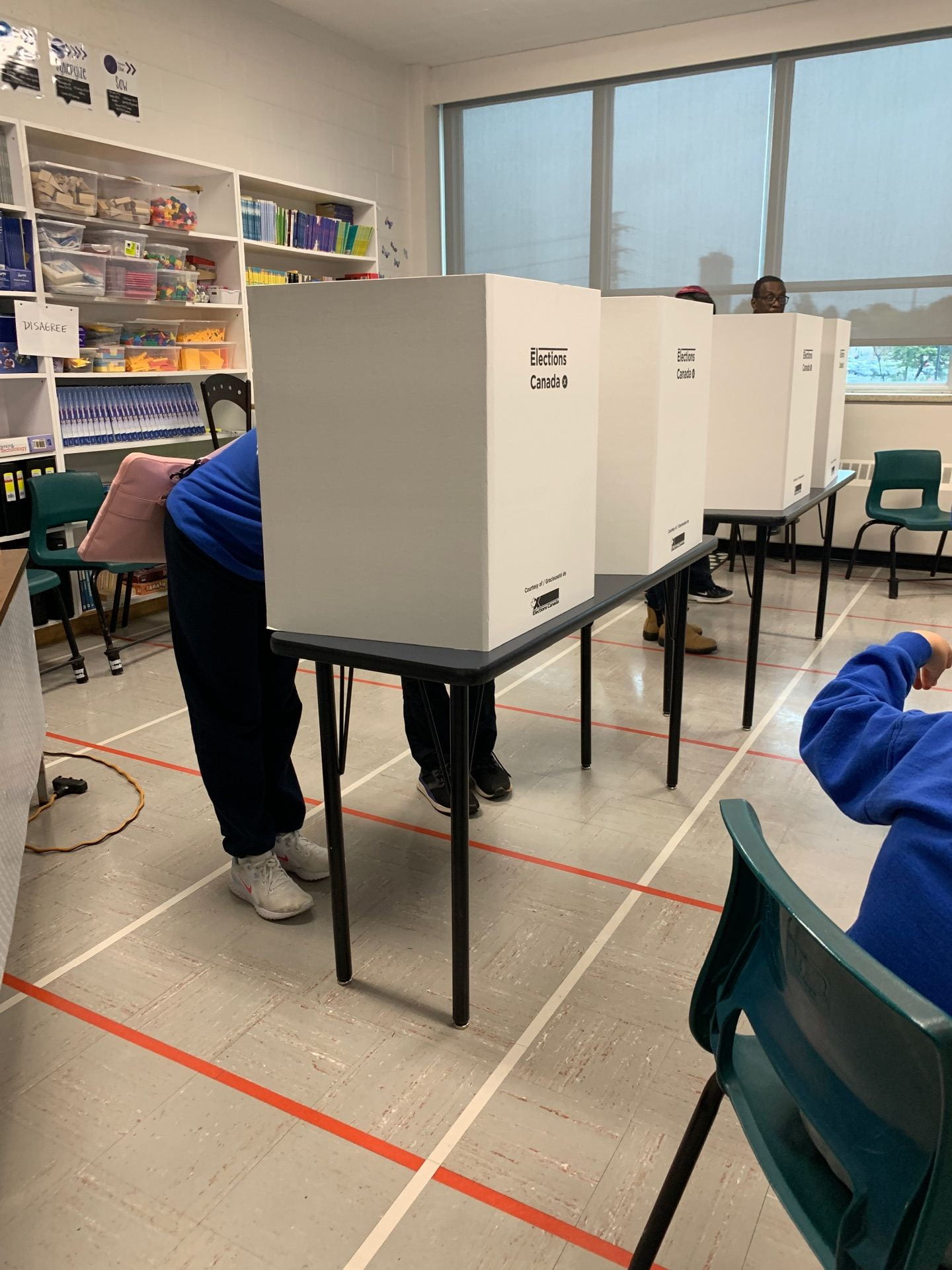
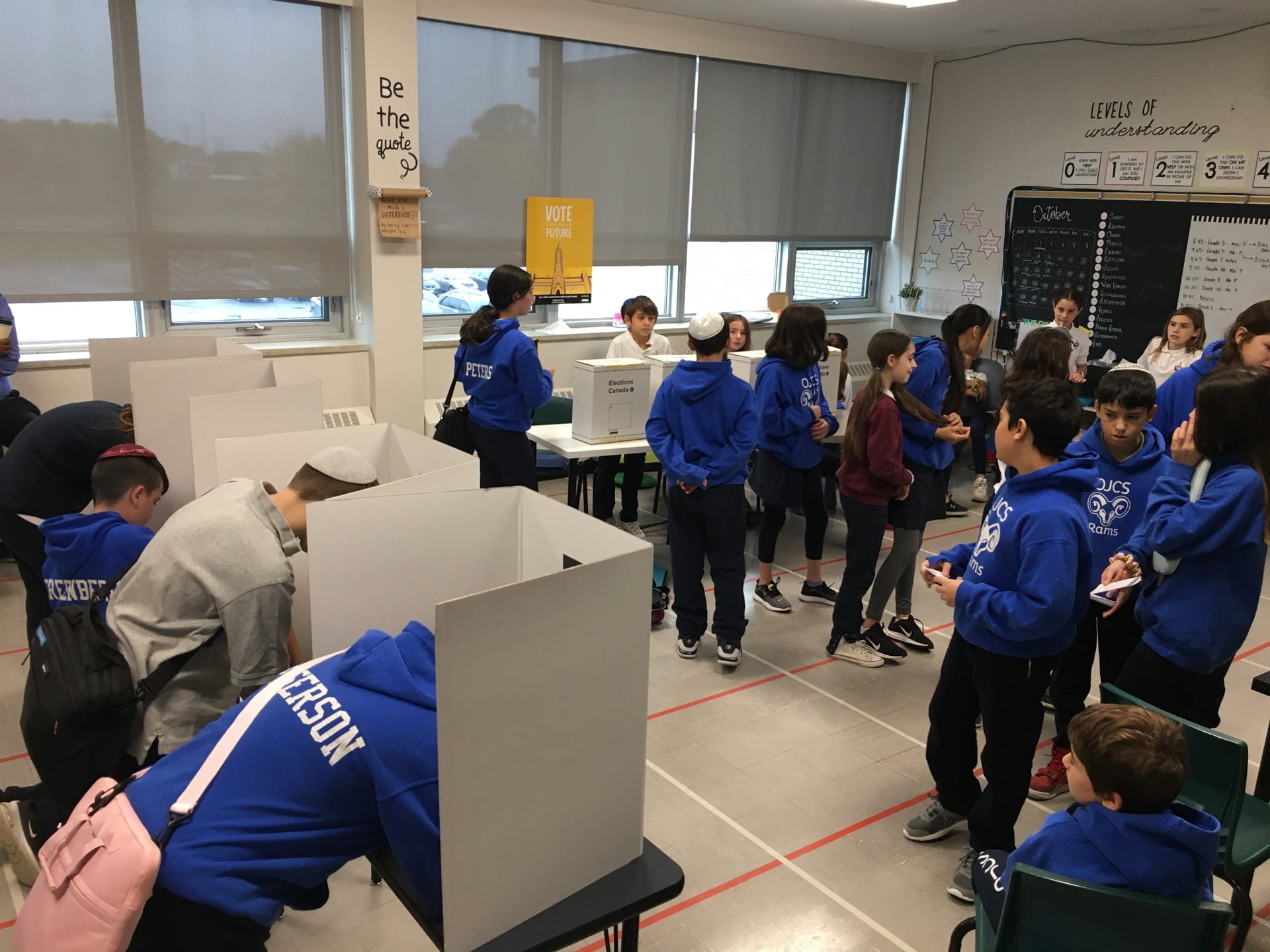
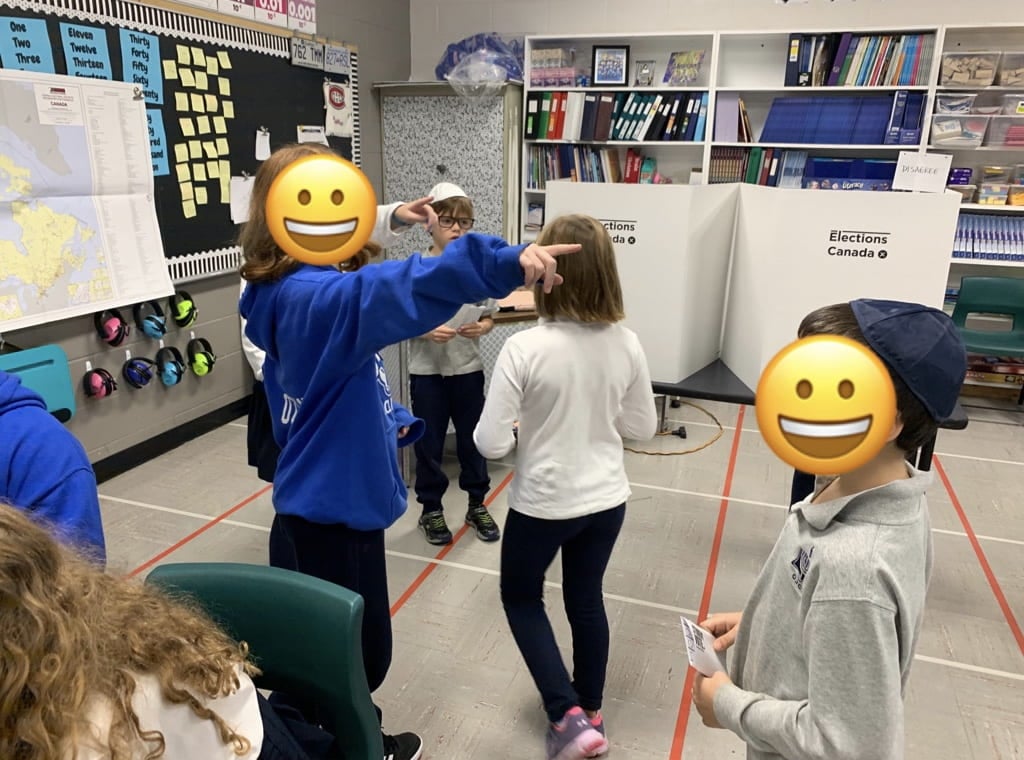
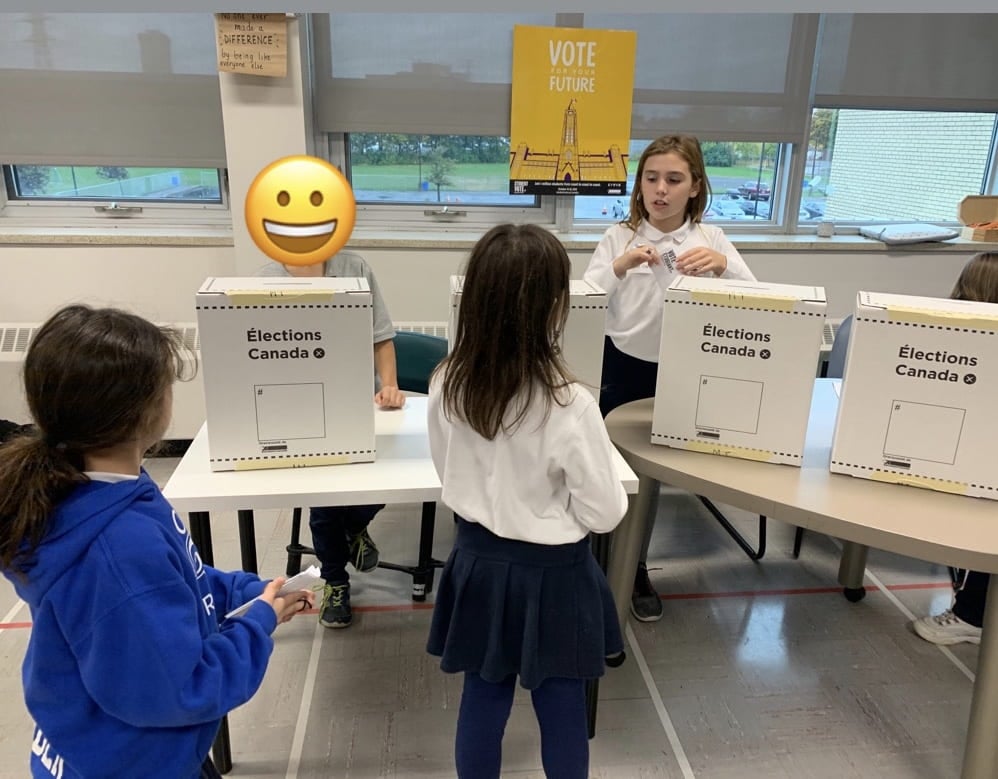 We can’t wait to share the results with you, after the polls close for the rest of the country, on Monday evening. We will be counting the votes on Wednesday so stay tuned!
We can’t wait to share the results with you, after the polls close for the rest of the country, on Monday evening. We will be counting the votes on Wednesday so stay tuned!